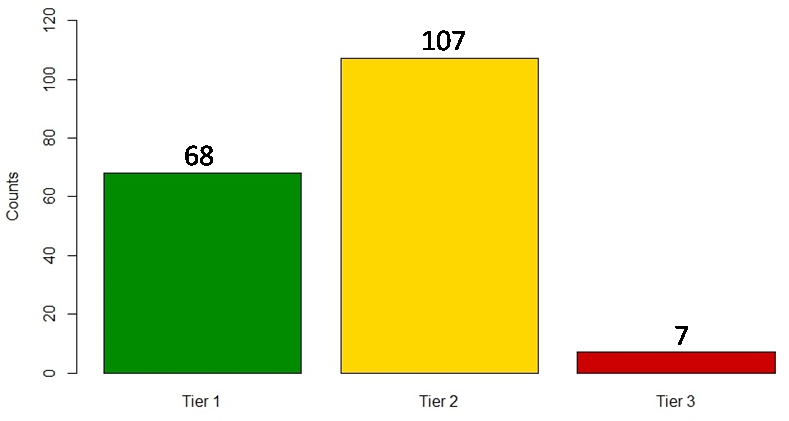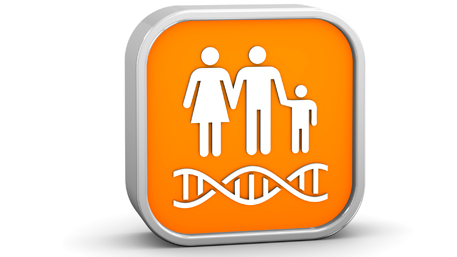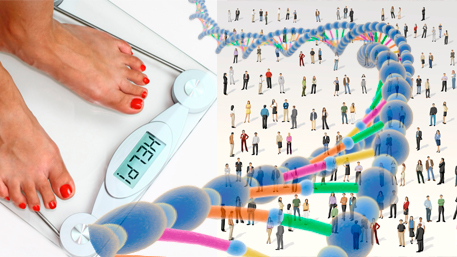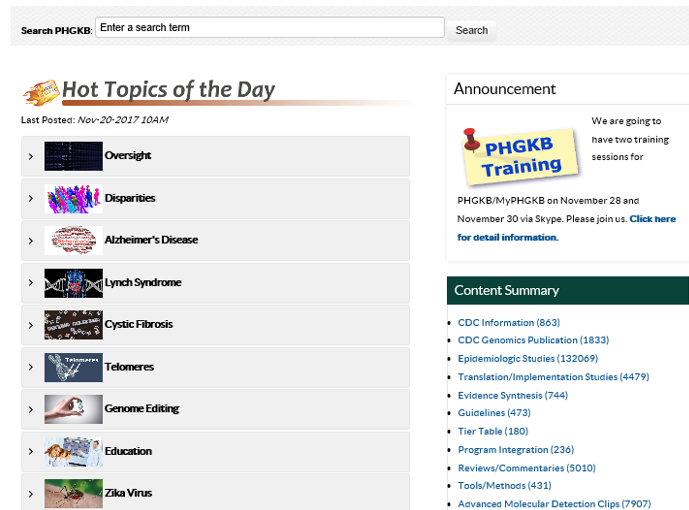Category: genomics
Work in Progress: Classifying Evidence-based Genomic Applications for Practice and Prevention

In our 2015 paper,“Prioritizing genomic applications for action by level of evidence: A horizon-scanning method,” we proposed a systematic scanning method that assigns genomic applications to “tiers” defined by availability of synthesized evidence. Because of the amassed evidence on the validity and utility of genomic tests and related technologies, we suggested that researchers, policy makers, Read More >
Posted on byWhat do women (and men) want? Parents weigh in on genetic testing for rare diseases in children

Genetic testing in children has traditionally focused on conditions with clinical actionability or utility. However, parents may want to know whether their child is at high risk of a rare disease even if a treatment doesn’t exist. A newly published article reports on a study conducted by researchers at RTI International and the University of Read More >
Posted on byGenomics and Obesity: We Need Both Population and Individualized Approaches in the Prevention and Management of Obesity

Obesity is a serious, global public health problem that has increased markedly in the last few decades. As of 2016, 795 million people were estimated to have been affected. Obesity is associated with leading causes of death worldwide—such as diabetes, cardiovascular disease, and cancer—making the search for effective weight management strategies a global priority. Obesity Read More >
Posted on by 2 CommentsThe Impact of Family History on the Public Health Burden of Diagnosed Diabetes, Undiagnosed Diabetes and Prediabetes in the United States: Using Family History for Diabetes Control and Prevention

This blog post is a summary of our recently published paper in Genetics in Medicine. Type 2 diabetes is a major public health problem in the United States and globally. Among adults 20 years and older, 9.2% have diagnosed diabetes (DD), 3.1% have undiagnosed diabetes (UD), and 36% have prediabetes (PD), a major precursor for Read More >
Posted on byProgress in Public Health Genomics Depends on Measuring Population Level Outcomes

Public health genomics is a relatively young field concerned with the effective and responsible translation of genomic science into population health benefits. In the past few years, the field has witnessed the emergence of several state public health genomics programs beyond the traditional domain of newborn screening. The field has focused on preventing disease and Read More >
Posted on byTrends in CDC Publications in Public Health Genomics, 2012-2016

Public health genomics advances the translation of genome-based discoveries into disease prevention and population health. Scientists at the Centers for Disease Control and Prevention (CDC) are using information about human, vector, and pathogen genomes to tackle diverse public health problems, from newborn metabolic disorders to infectious disease outbreaks. For an overview of CDC publications in Read More >
Posted on byHappy Holidays! Celebrating the Arrival of 2018 and 20 Years of Public Health Genomics!

This December, we are especially excited as we anticipate the dawning of a bright new year. The ebbing of 2017 marks the end of, not just another year, but two decades of public health genomics. Recently we were provided two valuable opportunities to place a capstone on this important milestone. Last month, at the American Read More >
Posted on byIf You Build It Will They Come? The Urgent Need for Implementation Science in Genomic Medicine

As the evidence base for genomic medicine grows, evaluating and implementing genomics to improve health care and population health remains an ongoing challenge. There is no guarantee that “if we build it they will come,” paraphrasing the well-known expression from the movie, Field of Dreams. To improve adoption, uptake and sustainability of genomic medicine applications, Read More >
Posted on byPublic health genomics information is now easily accessible online

The amount of emerging genomic information related to healthcare and public health is staggering. PHGKB is a one-stop shop for information relevant to genomics translation and population health impact for almost all diseases across the life span. MyPHGKB allows end users to customize their own PHGKB databases and type of information. The Public Health Genomics Read More >
Posted on byHappy Thanksgiving 2017: Take time to collect, share, and act on your family health history, it may save your life!

Regular readers of this blog may have noticed that we have an almost identical message around each Thanksgiving Day. Collect, share, and act on your family health history! It seems every year we emphasize a slightly different version of this message. In 2016, we highlighted the emergence of new tools that can help consumers and Read More >
Posted on by